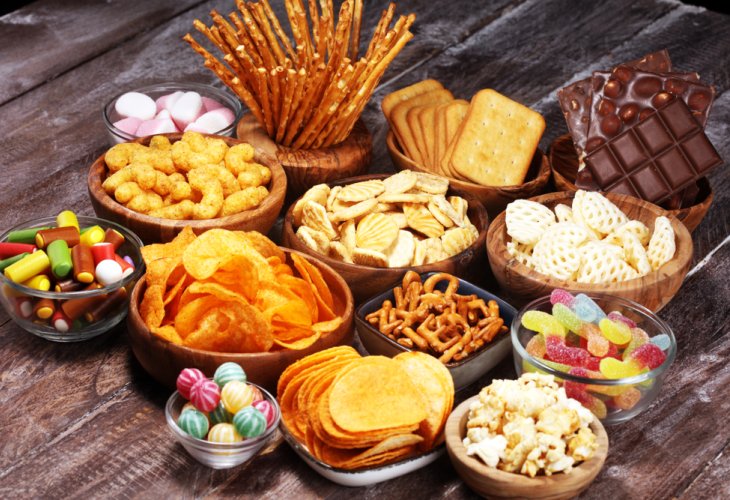Are Crackers and Pasta Worse for Your Teeth than Candy and Chocolate?
Is chocolate really that bad? Find out which foods might actually be more harmful to your teeth than you'd expect. A dental expert debunks common myths about oral health.
 (Photo: shutterstock)
(Photo: shutterstock)What's more dangerous for your teeth, crackers or candy? And is chocolate really as bad as they say? According to a dental health expert, it's the carbs, not necessarily the sugar, that you need to worry about for your teeth.
The main culprits are fermentable carbohydrates – those that ferment easily in our mouths. They consist of sugar molecules, making them easy to break down in the mouth. This category includes carbs like chips, white bread, pasta, breakfast cereals, and crackers.
"All these foods wreak havoc on your teeth," said Whitney DiFoggio, a dental expert, on The Post. "The reason fermentable carbohydrates are so bad for our teeth is that they break down into sugars while still in our mouth. It's what I call 'sneaky sugar.'"
"These specific carbohydrates make the mouth more acidic as saliva works overtime to wash away the sticky food remnants," she added, "which increases your risk for cavities. We all know candy is sugar, right? But we forget that bread is sugar too."
Surprisingly, she noted that dark chocolate is relatively tooth-friendly because it can be washed away easily. So, what should snack lovers do? "If you want to enjoy these foods, go ahead. Just try to eat them all at once because it then allows your saliva the time to neutralize the acidic pH levels in your mouth from all the sugar. Eating a large meal of unhealthy items is actually better for your mouth than snacking throughout the day."
The sequence of eating matters too, she says. "If you're eating cheese and crackers, try to make sure the cheese is the last thing in your mouth to help neutralize the acidic pH level caused by the crackers. My favorite is cheddar cheese. It's a great neutralizer."
DiFoggio emphasizes that the most important thing is to floss regularly. She points out that it takes 24 to 72 hours for plaque on your teeth to harden. "I know it sounds dramatic to say, 'If you don't floss, you'll lose your teeth,' but technically, you could," she concluded. "The number one cause of tooth loss is gum disease, not cavities. With cavities, you usually lose one or two teeth. With gum disease, you can lose them all because the bacteria spreads."

